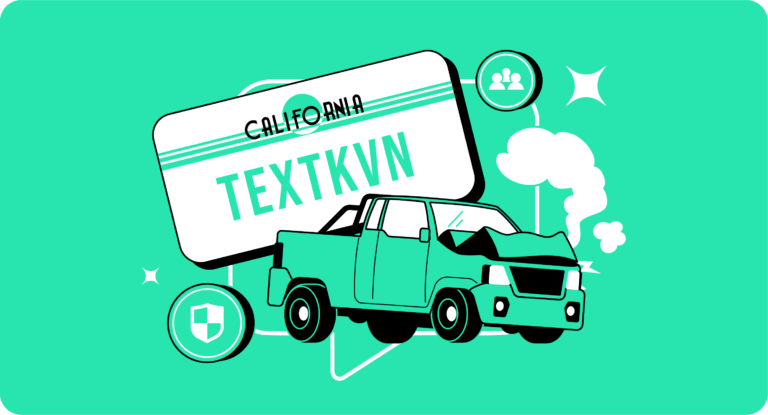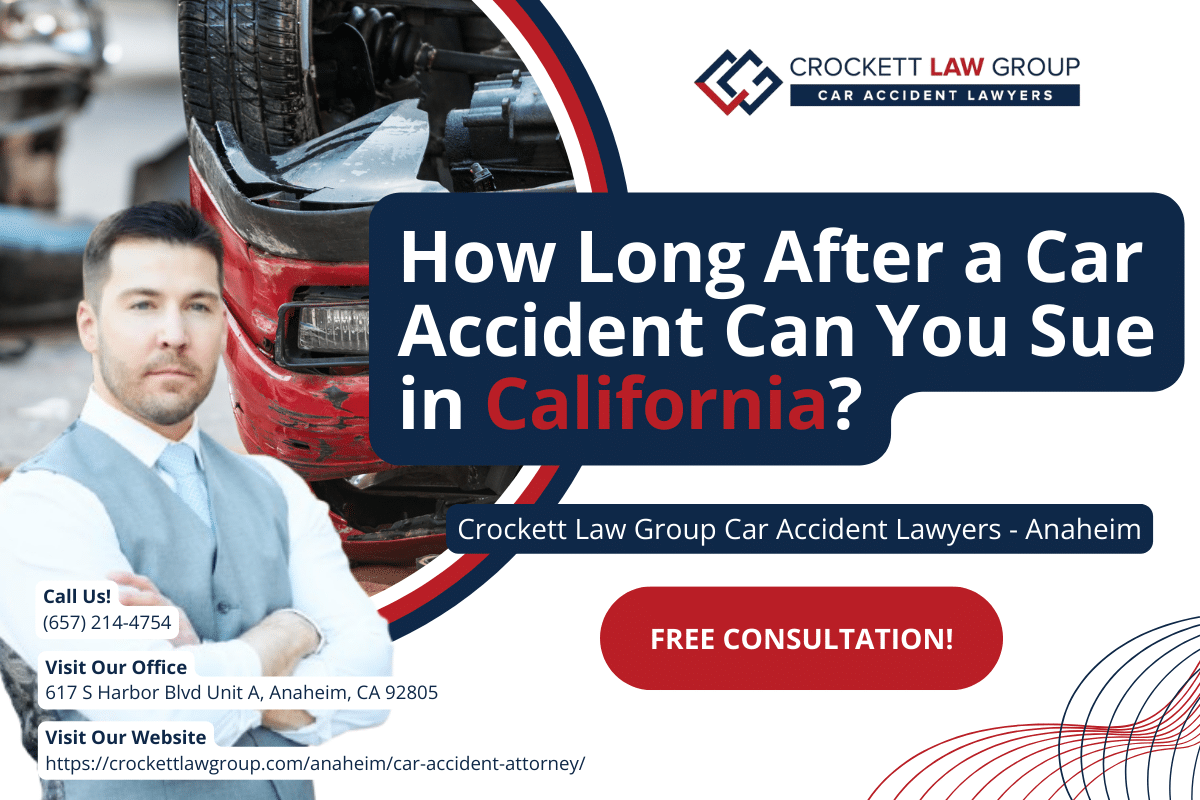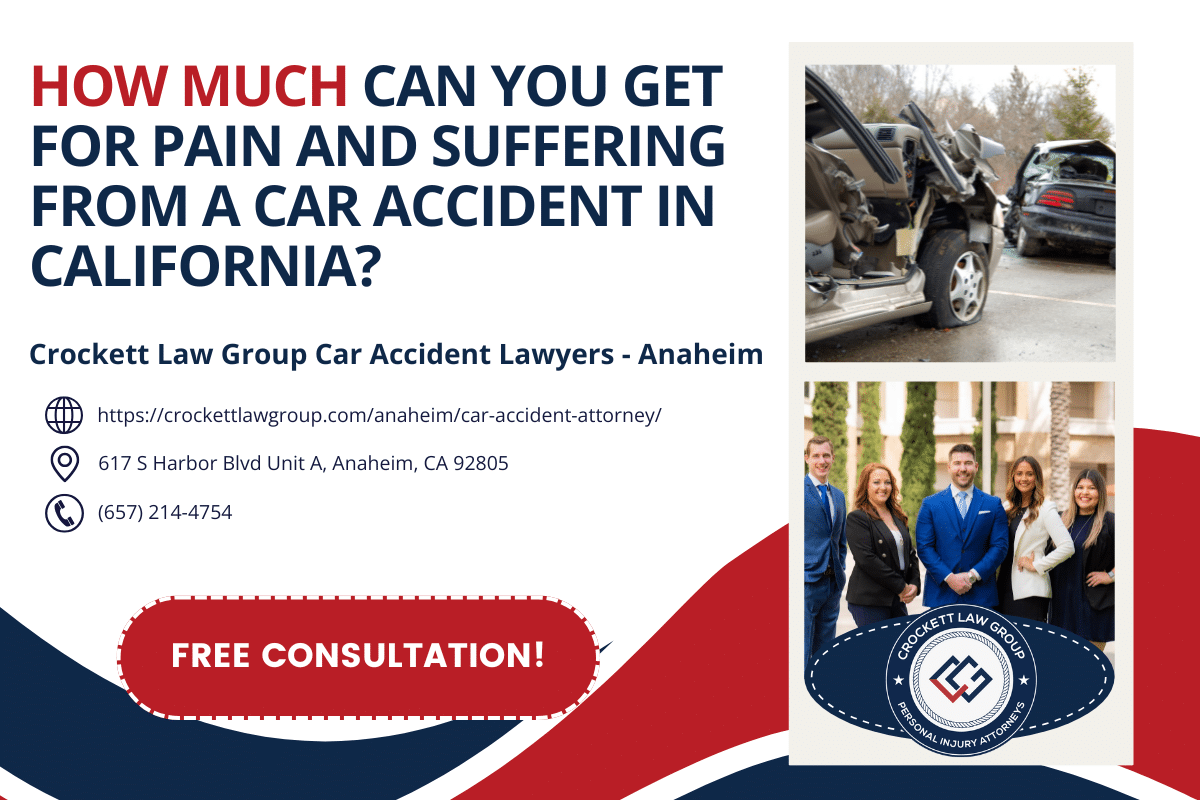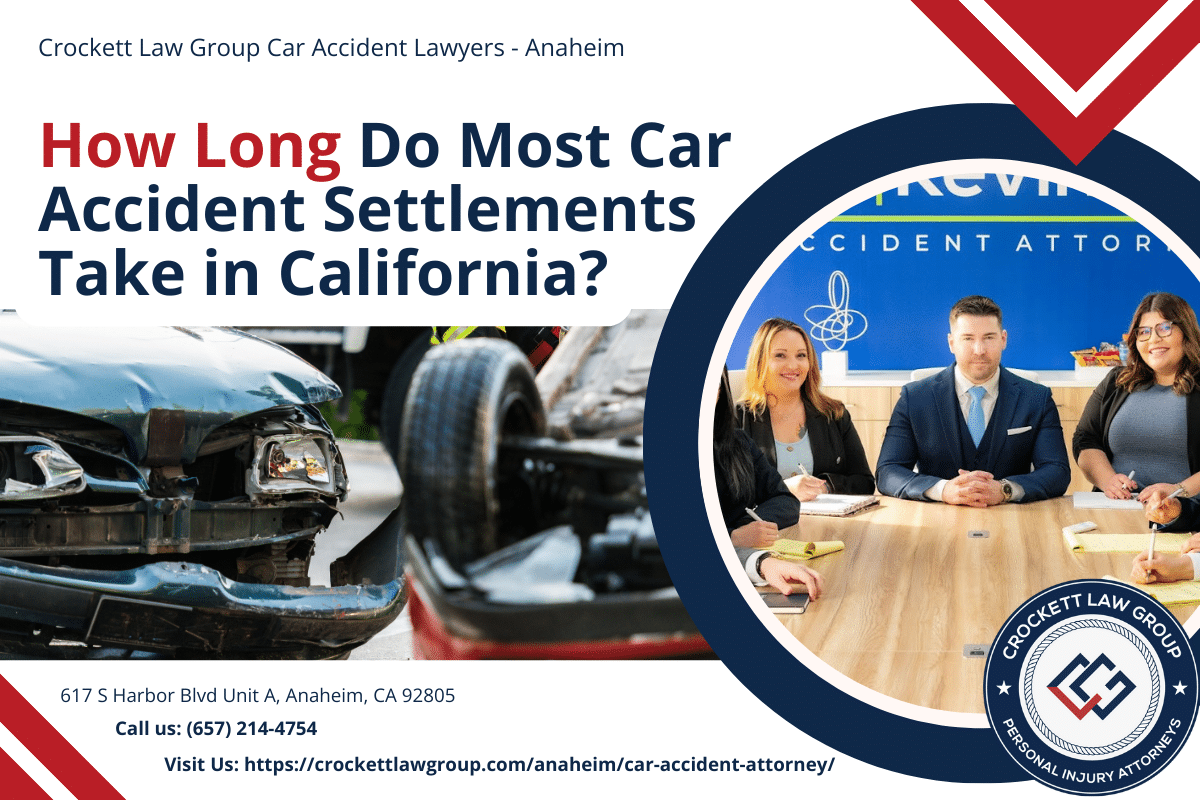Accidents can be unsettling wherever they occur, but when you’re away from home, the experience can be even more bewildering. In this comprehensive guide, we’ll explore the nuances of dealing with car accidents that happen outside your home state and the implications for your insurance coverage.
Whether you’re planning a cross-country road trip or simply want to be prepared for the unexpected, understanding out-of-state car insurance is crucial. So, fasten your seatbelt and join us as we navigate car accidents out of state insurance. We’ll provide you with insights, tips, and professional advice to ensure you’re well-equipped to handle any unexpected twists and turns the road may bring.
What Happens If You Wreck Out of State?
When you find yourself in the unfortunate situation of a car accident out of state, it’s essential to stay calm and take immediate action. Your safety and the safety of others involved should be your top priority. Here are the crucial steps to follow:
- Assess Safety and Health: The first thing to do after an accident is to ensure that everyone involved is safe and secure. Check yourself for injuries, and if you’re able, check on the well-being of other passengers in your vehicle. If anyone is seriously injured, call 911 immediately.
- Report to Local Police: Regardless of where the accident occurs, you should always report it to the local authorities. Contact the local police or highway patrol and inform them of the accident. They will dispatch an officer to the scene, which is crucial for documenting the incident.
- Gather Relevant Information from Other Parties and Witnesses: Exchange information with the other parties involved in the accident. This typically includes: names and contact information, insurance information, license plate numbers, and vehicle makes and models. Additionally, try to gather contact information from any witnesses who saw the accident. Their statements can be valuable when dealing with insurance claims.
Now that we’ve covered the immediate steps to take, let’s delve into the insurance implications of a car accident that occurs outside your home state.
Insurance policies can vary significantly from one state to another. Here’s what you need to know:
- Policy Coverage Differences: Some insurance policies may provide different levels of coverage when you’re driving out of state. It’s crucial to understand what your policy covers in these situations.
- Minimum State Requirements: Different states have varying minimum insurance requirements. If you’re in a state with higher minimum coverage than your home state, your policy may automatically adjust to meet those minimums.
- Additional Coverage: You might want to consider additional coverage, such as “out-of-state coverage” or “non-resident coverage,” to ensure you’re adequately protected when traveling.
Navigating insurance matters after an out-of-state accident can be complex. It’s wise to consult your insurance provider beforehand to understand the specifics of your coverage and make any necessary adjustments.
Can I Have Out of State Car Insurance in Tennessee?
Tennessee, like most states, has specific requirements when it comes to auto insurance. It’s crucial to understand these requirements if you plan on driving in the state, especially if you have out-of-state car insurance.
Hiring an experienced car accident attorney is best suited for these situations.
In Tennessee, drivers are legally required to carry auto insurance that meets the state’s minimum coverage limits. These minimum requirements typically include:
- Bodily Injury Liability: Coverage for injuries or death to another person in an accident you caused. Tennessee’s minimum limit for this coverage is usually $25,000 per person and $50,000 per accident.
- Property Damage Liability: Coverage for damages to another person’s property in an accident you caused. The minimum limit is typically $15,000.
- Uninsured/Underinsured Motorist Coverage: This coverage is usually required in Tennessee, and it helps protect you in case you’re involved in an accident with a driver who lacks sufficient insurance coverage.
These requirements apply to all drivers, whether they are Tennessee residents or out-of-state visitors. If your out-of-state insurance meets or exceeds these minimums, you should be in compliance with Tennessee law.
While it is possible to use out-of-state car insurance in Tennessee to meet the state’s minimum requirements, there are some advantages and limitations to consider.
If you’re temporarily in Tennessee and plan to return to your home state, sticking with your out-of-state insurance can provide familiarity and continuity.
Maintaining your current policy can also ensure that you have continuous coverage even while you’re away from home.
On the other hand, your out-of-state policy may have different terms, conditions, and coverage limits compared to Tennessee policies. It’s essential to understand these differences to ensure you have adequate protection.
Furthermore, when filing a claim in Tennessee with an out-of-state insurer, the process may be different, and it’s important to be aware of how to navigate it effectively.
As insurance laws and regulations can change, it’s advisable to consult with your insurance provider before traveling to Tennessee. They can help you understand how your out-of-state policy aligns with Tennessee’s requirements and provide guidance on any necessary adjustments.
Is Tennessee a No-Fault State?
To grasp the implications of car accidents in Tennessee, it’s essential to understand the concept of no-fault insurance.
In a no-fault insurance system, individuals involved in a car accident typically turn to their insurance providers to cover their own medical expenses and certain other financial losses, regardless of who was at fault in the accident. This system is designed to expedite claims and reduce legal disputes, as each party’s insurance covers their own costs.
In no-fault states, including Tennessee, the focus is on personal injury protection (PIP) insurance, which is required as part of your auto insurance policy. PIP covers medical expenses, lost wages, and related costs for you and your passengers, regardless of fault.
Tennessee follows a modified no-fault system. This means that while PIP coverage is required, injured parties can still pursue claims against the at-fault party in certain situations, such as when the injuries are severe or meet specific thresholds.
The key points to understand about Tennessee’s no-fault system are as follows:
- Personal Injury Protection (PIP): You are required to carry PIP coverage as part of your auto insurance policy. This coverage helps with medical expenses and lost wages after an accident.
- Threshold for Legal Action: Tennessee sets a threshold for legal action. If your injuries exceed this threshold, you may have the option to pursue a liability claim against the at-fault party.
- Choice of No-Fault: In some cases, drivers have the option to reject the no-fault system, allowing them to file a liability claim against the at-fault party for injuries and damages.
Understanding these nuances is crucial when dealing with a car accident in Tennessee. It can significantly impact how you handle insurance claims and potential legal actions.
When it comes to protecting yourself and your loved ones, it’s crucial to have the right insurance coverage and professional guidance. Crockett Law Group is here to ensure that you’re prepared for any situation on the road. Our commitment is to provide you with the support and coverage you need when you need it most.
Before you hit the road, make sure you’re informed and adequately covered. Reach out to the experienced car accident lawyers Crockett Law Group at (800) 900-9393 for personalized assistance and peace of mind. Safe travels and may the road ahead be smooth and worry-free.










